Category: Autism News
-

Concerns raised over autism prediction paper | Spectrum | Autism Research News
Ambiguous algorithm: The study’s authors claimed that their model could distinguish between autistic and non-autistic people, but did not state which variables the model used. Photography by Richard Drury A machine-learning study that claims to predict autism diagnoses contains cloudy methodology and vague language, according to researchers who expressed concerns about the paper. The paper…
-
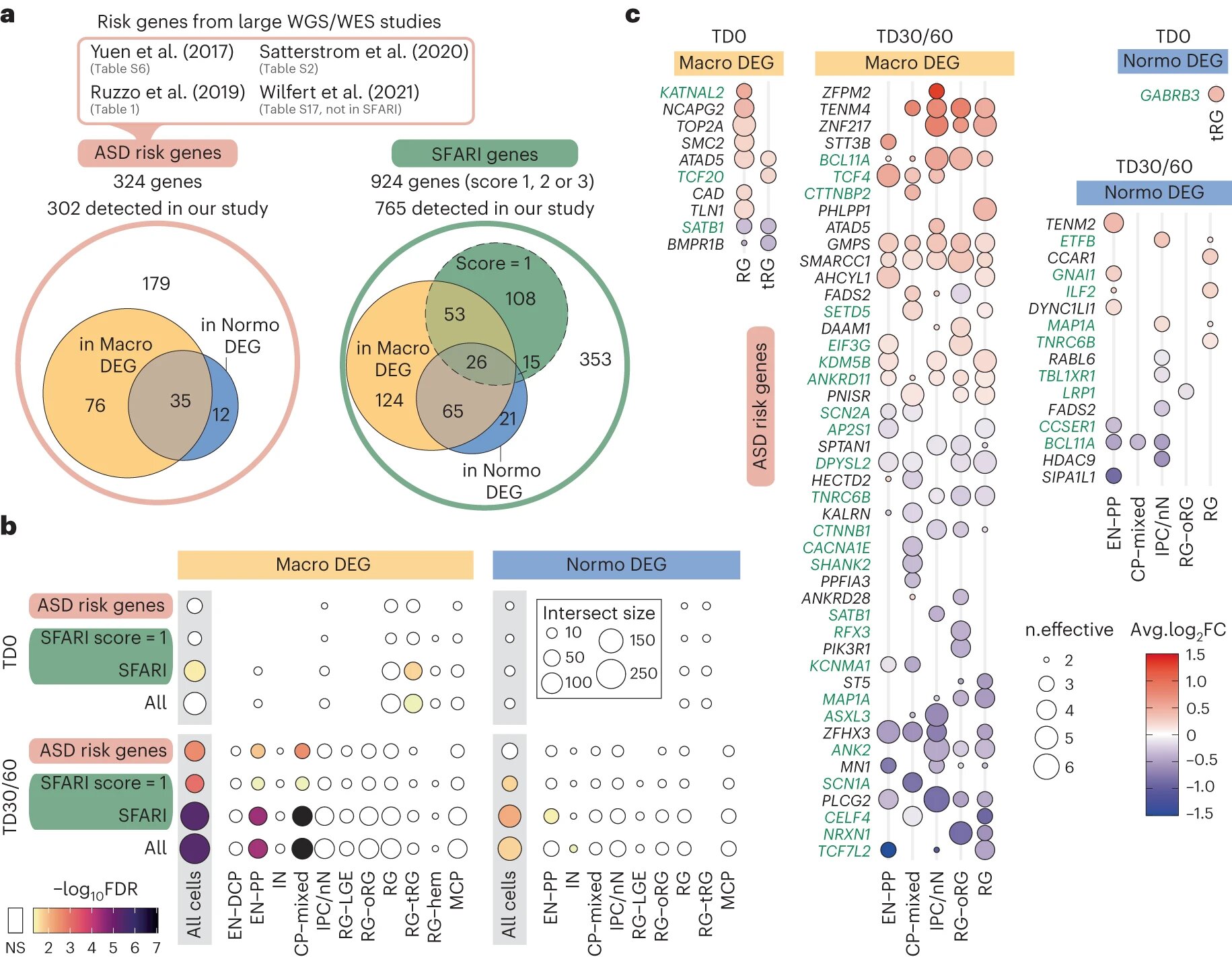
‘Mini-brain’ study reveals possible key link to autism spectrum disorder
ASD risk genes identified from rare variant studies and the SFARI dataset are enriched in macro DEGs. a, Euler diagrams showing how many of the ‘ASD risk genes’ identified in four large-scale genomic studies are present in macro- and normo-ASD DEGs (union of all DEGs across organoid stages and cell types), with a similar diagram…
-

Does Superb Masking Mean Your Autism Diagnosis Is Wrong? » Scary Symptoms
Wondering if your amazing ability to heavily mask for years means you’re not autistic and are actually neurotypical? After all, how could you mask so well if you’re actually autistic? • You’ve gotten an adult diagnosis of ASD. You’re now wondering if this is correct since you’ve been heavily masking all your life. • Is…
-
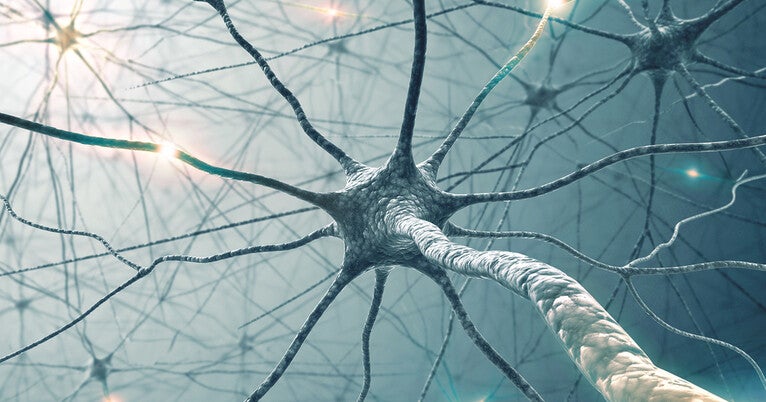
Yale scientists reveal two paths to autism in the developing brain
Two distinct neurodevelopmental abnormalities that arise just weeks after the start of brain development have been associated with the emergence of autism spectrum disorder, according to a new Yale-led study in which researchers developed brain organoids from the stem cells of boys diagnosed with the disorder. And, researchers say, the specific abnormalities seem to be…
-
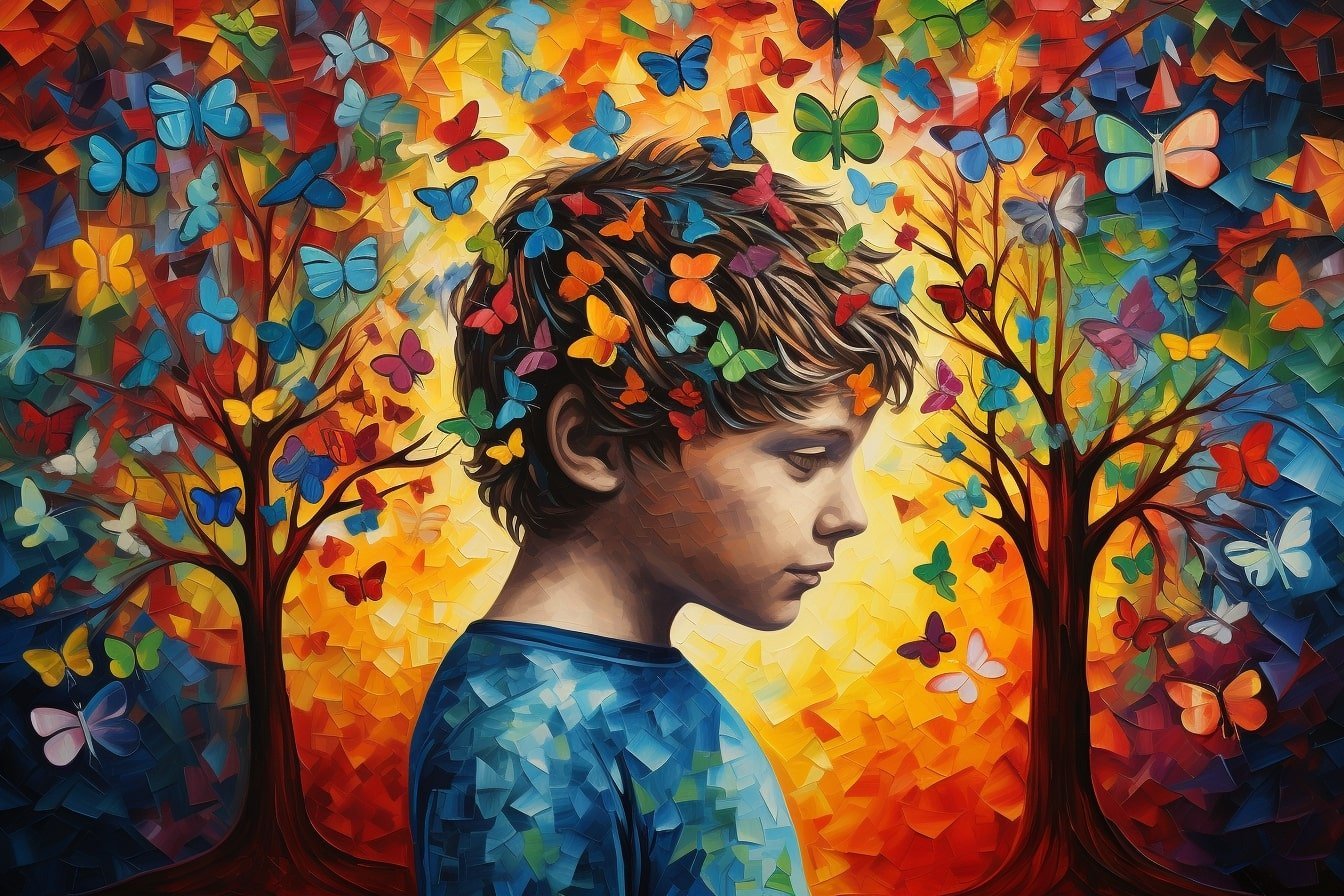
Mini-Brains’ Reveal Autism’s Neuronal Imbalance Origins – Neuroscience News
Summary:Scientists utilized organoids, or “mini-brains,” to explore the roots of autism spectrum disorder (ASD). Their study highlighted an imbalance of excitatory cortical neurons in the forebrains of ASD patients. This advanced technology mimics brain development alterations that occur in utero, potentially pinpointing when ASD begins. The findings build on years of research, shedding light on…
-
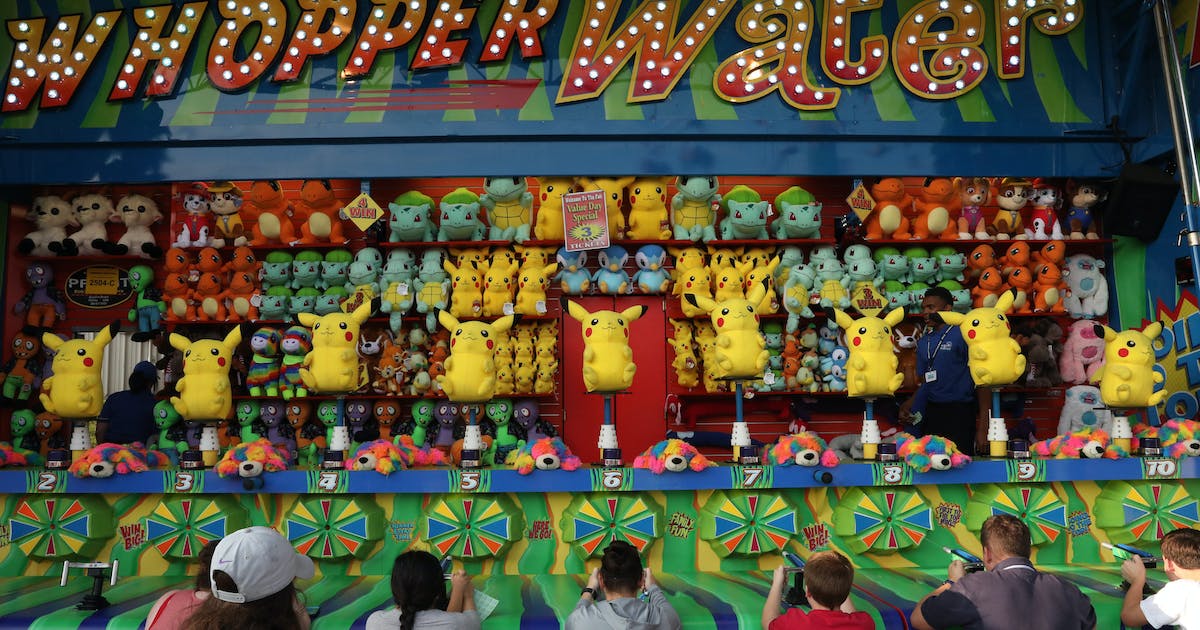
Minnesota State Fair works to make Mighty Midway mighty fun for visitors with autism
The Minnesota State Fair can be noisy, noisome, crowded, overheated, overfed fun. The fair can be a lot. The fair can be too much. Some people struggle to process the fair’s deep-fried sensory overload. This year, the Minnesota State Fair itself hopes to help. Jillian Nelson prepped for a day at the fair like a…
-
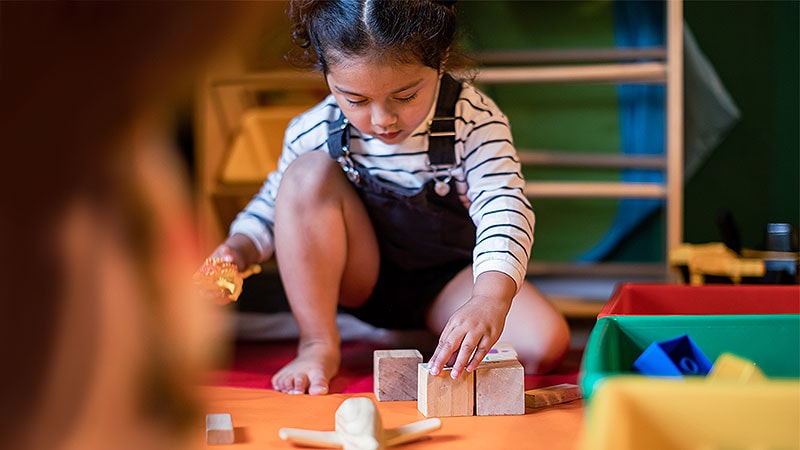
Genetic Diagnosis Tied to Less Mental Health Care for Autism
Children with autism and one or more genetic variants associated with their diagnosis may be less likely to receive mental health care than children with autism without a genetic diagnosis, a proof-of-concept study reveals. In a retrospective cohort study of 415 children and youth with autism, patients with an autism-associated genomic variant were less likely…
-
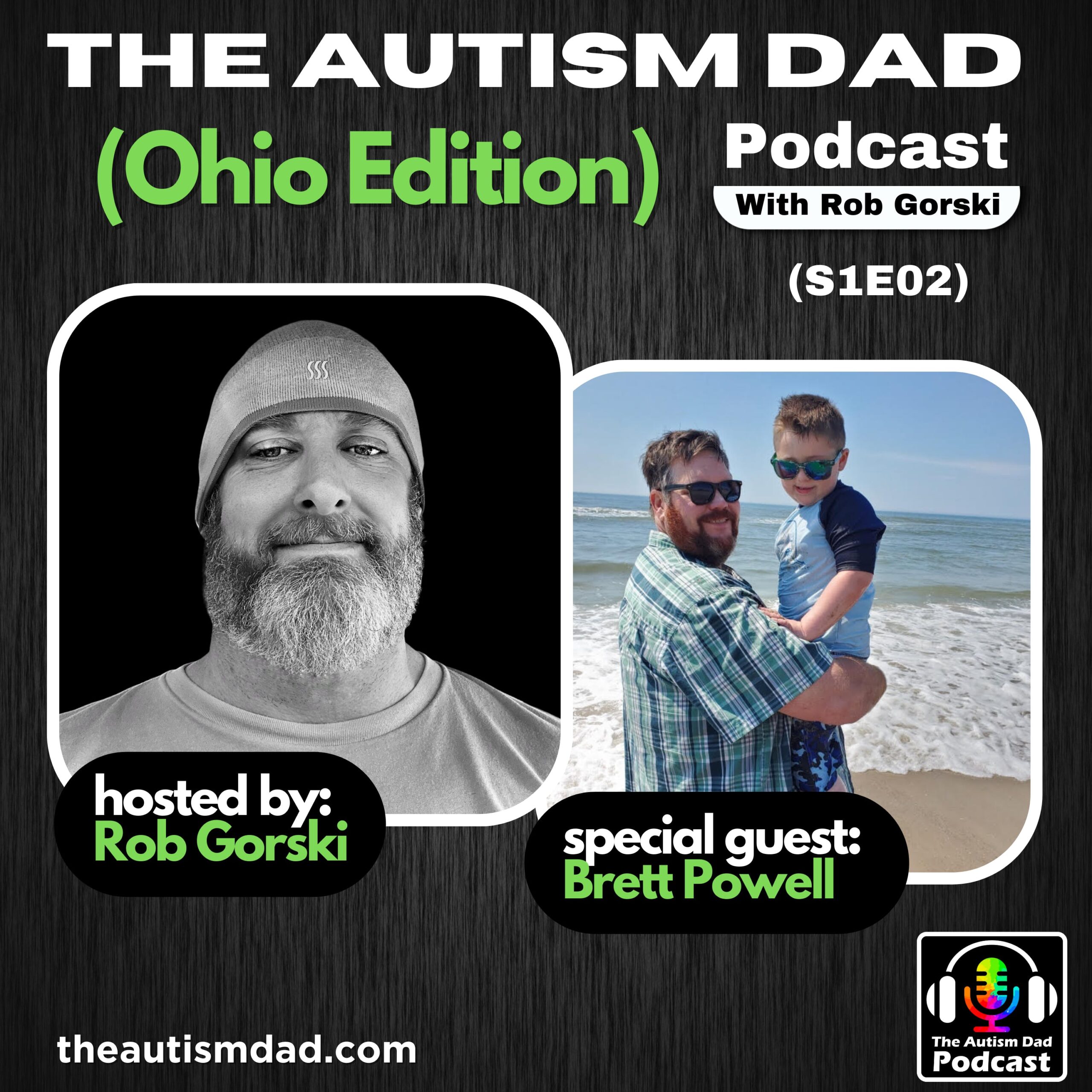
The Autism Dad
On this week’s podcast, join me as I sit down with Brett Powell. After my conversation with Jamie Lewis Smith last week about her autism parenting experiences, Brett steps in to share the story of how he and Jamie united their families, offering his personal perspective on the journey. About Brett Powell: Brett Powell has always…
-
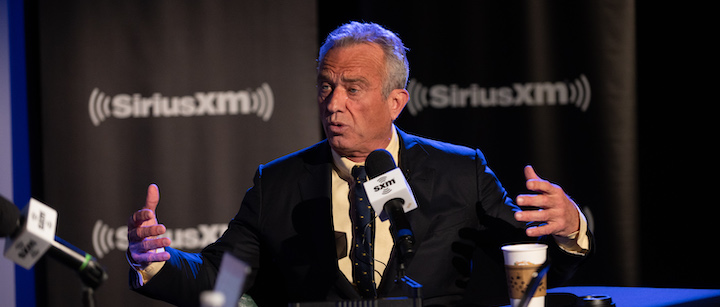
What RFK Jr. Gets Wrong About Autism
Robert F. Kennedy Jr. makes a variety of incorrect or misleading claims about vaccines, COVID-19 and other health-related topics, as we discuss in other articles in this series. But his views on vaccines rose to prominence when he began to advance the thoroughly debunked idea that they cause autism — and he is repeating his…
-
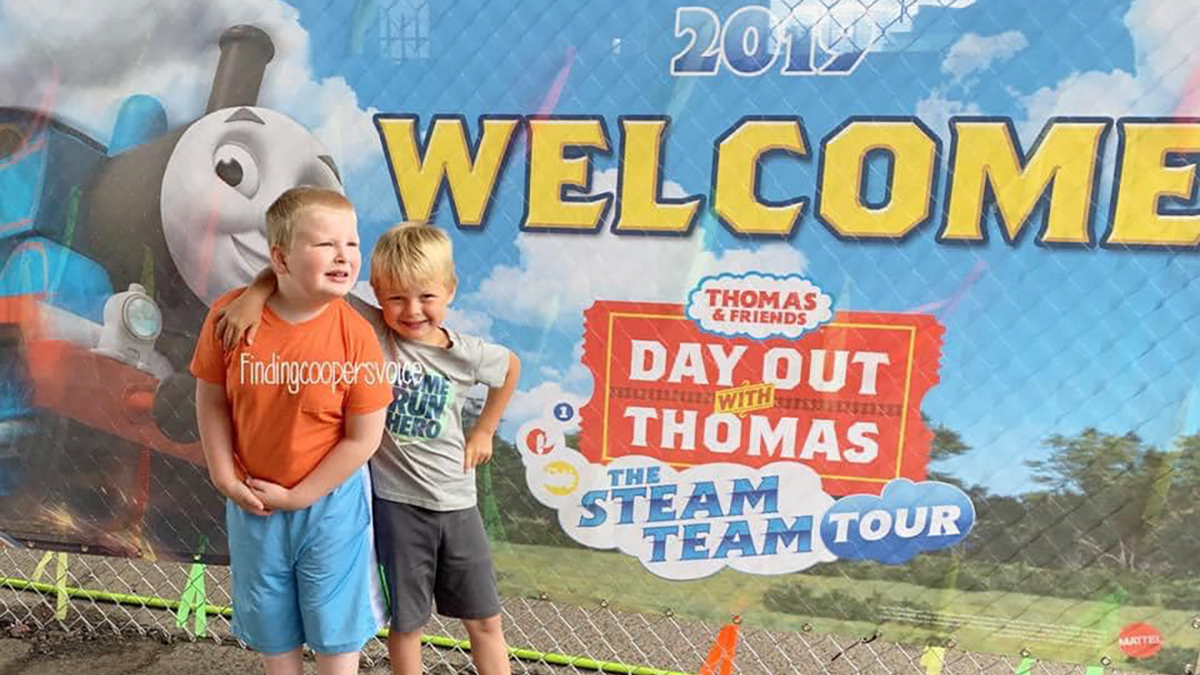
An Inspiring Encounter: A Letter to the Mother of an Adult Son with Autism
To the mother with her adult son at Thomas the Train: You had the oldest child here. I’m guessing he was 25. Your son was tall. He was a man. He even towered over you. I saw him immediately when you arrived. He was practically levitating he was so excited. It was like he had…